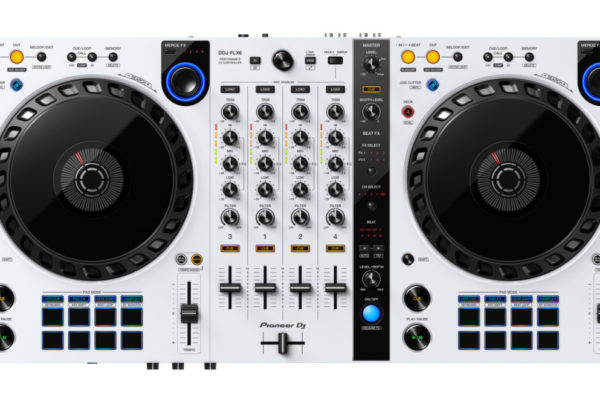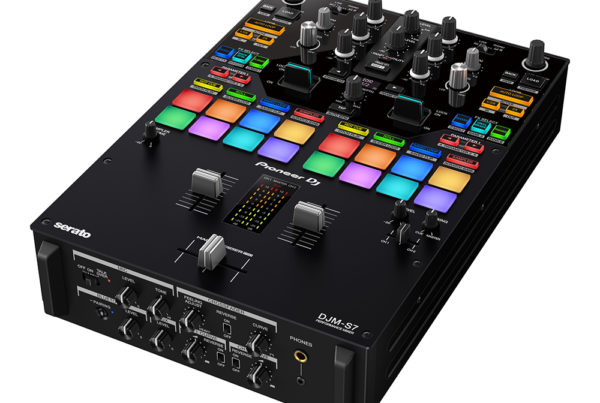Extended warranties. What should you know? It is no news that extended warranties are a low-cost, high-revenue stream for retailers. Given the general quality and wear and tear on all kinds of products from appliances and electronics to treadmills and more, most products last long enough between purchases such that consumers are iffy about buying an extended warranty. Besides, these kinds of products come with a manufacturer’s warranty (usually one-year), which tells you that if it is going to break down, it will do so within the first year.
So, at the end of the day, extended warranties are a slice of piece of mind; call it insurance. Some retailers will offer a form of cashback against the value of an unused extended warranty against the purchase of a new product. Certainly, this has made extended warranties a little more appealing. Let’s not forget, some products will be covered up to one year by the credit card a consumer will use to buy the item.
It is important for consumers to understand that certain things will never be covered, such as consumables (bulbs, batteries). Touchscreens usually do not make it onto the list of things protected by a warranty.
Shop Production World, an e-commerce store for production gear, decided to add a free extended warranty (with some limits). They match the manufacturer’s warranty on most gear up to one-year — not a bad offer. But it comes with its own downside. “We have to consider the probability that a product has to be replaced and that’s a huge cost to the store,” says Shaun Guthrie who advises the Shop Production World operation. “So, we took a page from credit cards that offer free extended coverage up to one year. It’s a risk that had to be considered. E-commerce stores are competitive, and differentiation is tough. Especially in this category where gear prices are governed by MAP (Manufacturer’s Approved Price). MAP forces all retailers to market the gear at the same price and face penalties if they don’t.
The good news is that according to Consumer Reports, only 8% of things like refrigerators, ranges, dishwashers, and camcorders will need repairs within three years of the purchase. The more vulnerable products include digital cameras. If you use a high-end computer, it might be wise to consider an extended warranty, especially if your life’s work is living on it. (This is where we say, “Back up!”.)
Many will argue that it is a good idea to get an extended warranty for your vehicle, especially if you intend to drive it for a long time. These warranties can be worked into the financing, so the cost pain per month is smaller.
So, what should you consider before buying an extended warranty? Consider these factors.
- How long do you plan to use the product?
- How much will you use the product? In other words, is there a chance it will wear more quickly? Example: a washer and dryer for a large family.
- Does the product have a lot of moving parts?
- Does the warranty offer additional services such as an annual cleaning and preventative maintenance?
You might also consider some historical date from Consumer Reports concerning product repair rates.
Laptop PC 24%
Refrigerator 28%
Washing Machine 22%
LCD TV 7%
Vacuum Cleaner 13%
Dishwasher 13%
Clothes Dryer 13%
Microwave Oven 12%
Digital Camera 8%
And then, there’s cell phones. In the US alone, the repair industry topped $3 billion. Important to know is that most cell phone manufacturer warranties only cover defects. Phone insurance is probably a good bet and plans are not too costly; anywhere from under $10 to $20 a month; however, be aware of the deductible. Generally, these plans are best applied to very expensive phones. If you are the type to turn over a cheap phone every so often, then a plan may not be in your wallet’s best interest.
To extend — or not to extend? That is the question. When it comes to extended warranties, it is up to the consumer to decide whether it — dare we say it — warrants the purchase.




